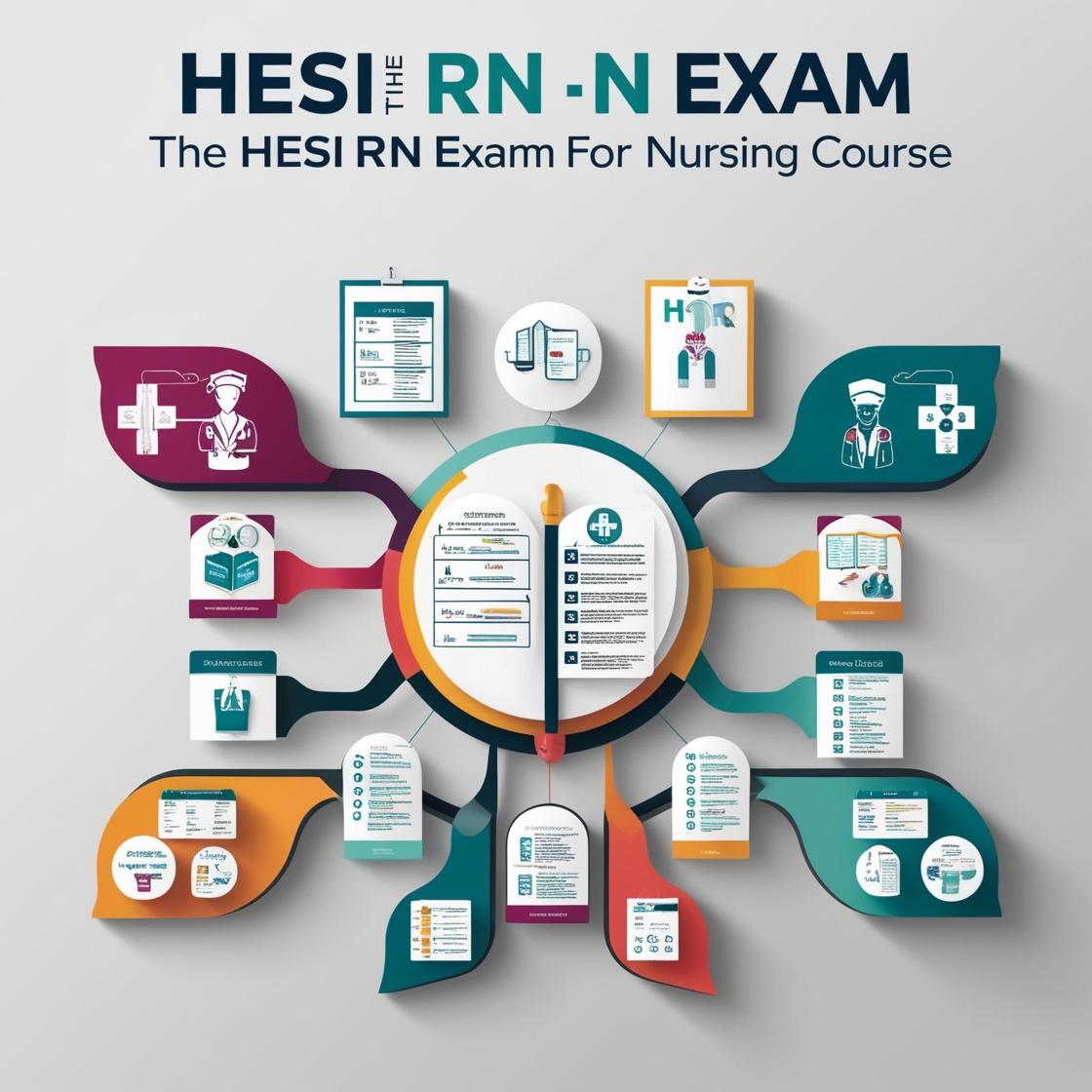HESI RN
HESI Medical Surgical Practice Quiz
1. The client with chronic kidney disease (CKD) is being taught about the necessary sodium restriction in the diet to prevent edema and hypertension. Which statement by the client indicates more teaching is needed?
- A. I am thrilled that I can continue to eat fast food.
- B. I will cut out bacon with my eggs every morning.
- C. My cooking style will change by not adding salt.
- D. I will probably lose weight by cutting out potato chips.
Correct answer: A
Rationale: Choice A, 'I am thrilled that I can continue to eat fast food,' indicates a lack of understanding as fast food is typically high in sodium, which is detrimental for individuals with CKD. The client should be advised to avoid fast food due to its high sodium content. Choices B, C, and D demonstrate a good understanding of the need for sodium restriction in the diet to prevent complications associated with CKD. Cutting out bacon, avoiding salt in cooking, and eliminating high-sodium snacks like potato chips are all positive steps towards managing CKD.
2. A nurse assesses clients on the medical-surgical unit. Which client is at greatest risk for bladder cancer?
- A. A 25-year-old female with a history of sexually transmitted diseases
- B. A 42-year-old male who has worked in a lumber yard for 10 years
- C. A 55-year-old female who has had numerous episodes of bacterial cystitis
- D. An 86-year-old male with a 50–pack-year cigarette smoking history
Correct answer: D
Rationale: The correct answer is D. The greatest risk factor for bladder cancer is a long history of tobacco use, which is reflected in an 86-year-old male with a 50–pack-year cigarette smoking history. Smoking is a well-established risk factor for developing bladder cancer. Choices A, B, and C are not directly linked to an increased risk of bladder cancer. While sexually transmitted diseases, certain occupational exposures, and recurrent urinary tract infections may pose other health risks, they are not specifically associated with an elevated risk of bladder cancer.
3. A client has just regained bowel sounds after undergoing surgery. The physician has prescribed a clear liquid diet for the client. Which of the following items should the nurse ensure is available in the client’s room before allowing the client to drink?
- A. Straw
- B. Napkin
- C. Oxygen saturation monitor
- D. Suction equipment
Correct answer: D
Rationale: After surgery, when a client has just regained bowel sounds and is prescribed a clear liquid diet, the nurse needs to consider the possibility of impaired swallow reflexes due to anesthesia effects, leading to an increased risk of aspiration. Despite checking the gag and swallow reflexes before offering fluids, having suction equipment readily available in the client's room is essential to manage any potential aspiration risk. Therefore, the correct answer is suction equipment (choice D). Choices A, B, and C are incorrect because while a straw, napkin, and oxygen saturation monitor may be useful in other situations, they are not directly related to managing the risk of aspiration associated with offering fluids to a client post-surgery.
4. A client with a history of calcium phosphate urinary stones is being taught by a nurse. Which statements should the nurse include in this client’s dietary teaching? (Select all that apply.)
- A. Limit your intake of food high in animal protein.
- B. Read food labels to help minimize your sodium intake.
- C. A and B
- D. Reduce your intake of milk and other dairy products.
Correct answer: C
Rationale: For a client with a history of calcium phosphate urinary stones, it is essential to limit the intake of foods high in animal protein to prevent the formation of stones. Additionally, reducing sodium intake is crucial as high sodium levels can contribute to stone formation. Therefore, choices A and B are correct. Choice D, which suggests reducing intake of milk and other dairy products, is not specifically recommended for calcium phosphate stones. Clients with calcium phosphate stones should focus on limiting animal protein, sodium, and calcium intake. Choices A and B address these dietary modifications, making them the correct options for this client. Choices D, which is not directly related to calcium phosphate stones, is incorrect.
5. After undergoing a renal biopsy, a client reports pain radiating to the front of the abdomen from the biopsy site. What finding should the nurse assess the client for?
- A. Bleeding
- B. Renal colic
- C. Infection at the site
- D. Increased temperature
Correct answer: A
Rationale: The correct answer is A: Bleeding. Pain radiating to the front of the abdomen from the renal biopsy site suggests bleeding, which should be promptly assessed and managed. Bleeding can lead to serious complications if not addressed timely. Renal colic (choice B) is associated with kidney stones and typically presents with severe flank pain. Infection at the site (choice C) would more likely present with localized signs such as redness, swelling, warmth, and tenderness. Increased temperature (choice D) alone is not specific to the issue described and may be indicative of various conditions.
Similar Questions

Access More Features
HESI RN Basic
$69.99/ 30 days
- 50,000 Questions with answers
- All HESI courses Coverage
- 30 days access @ $69.99
HESI RN Premium
$149.99/ 90 days
- 50,000 Questions with answers
- All HESI courses Coverage
- 30 days access @ $149.99
